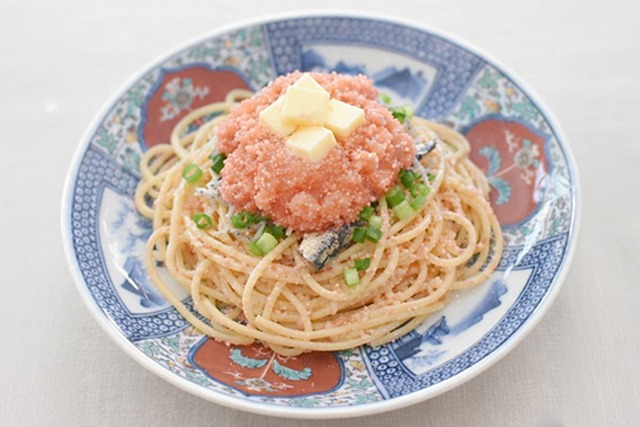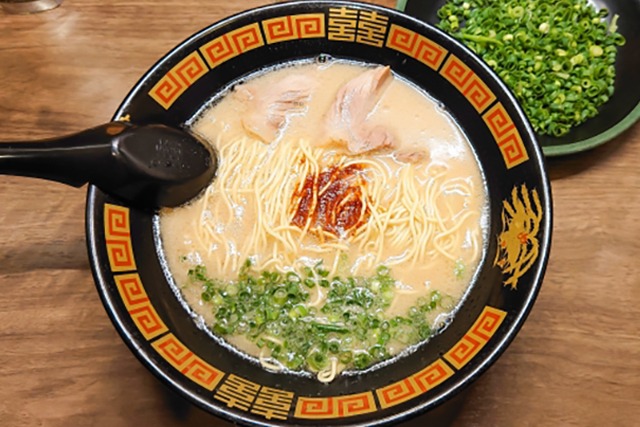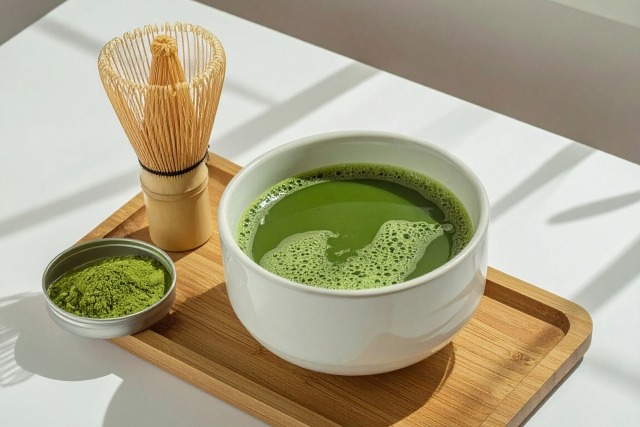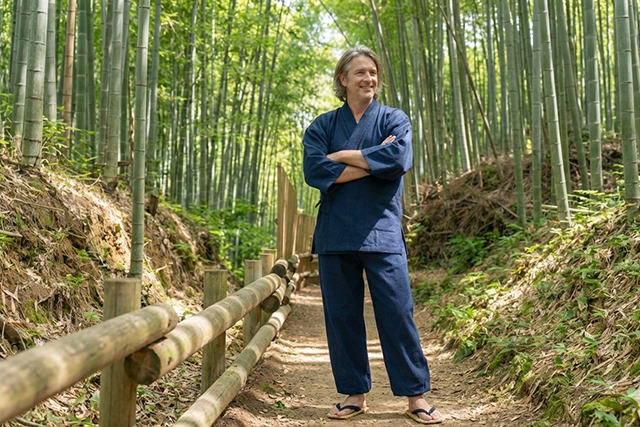
Fukuoka Prefecture — A Cultural Gateway Blending Food, Arts, and Poetry
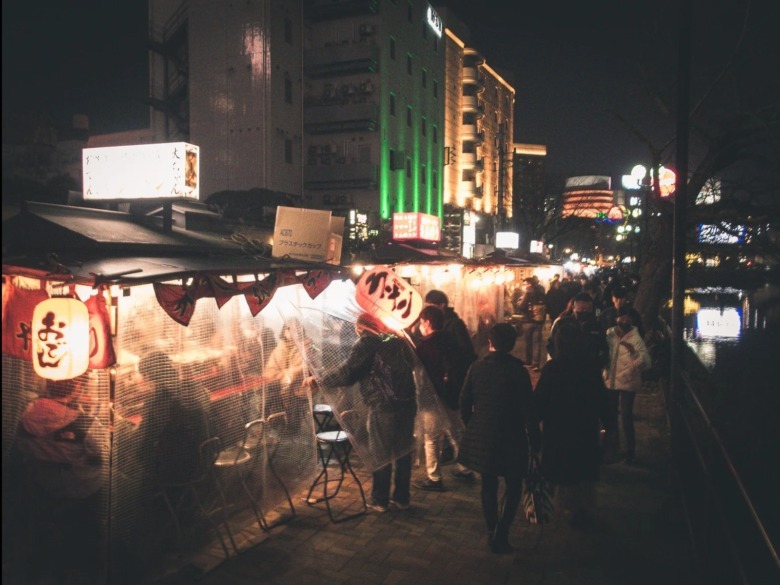
Nakasu food stalls
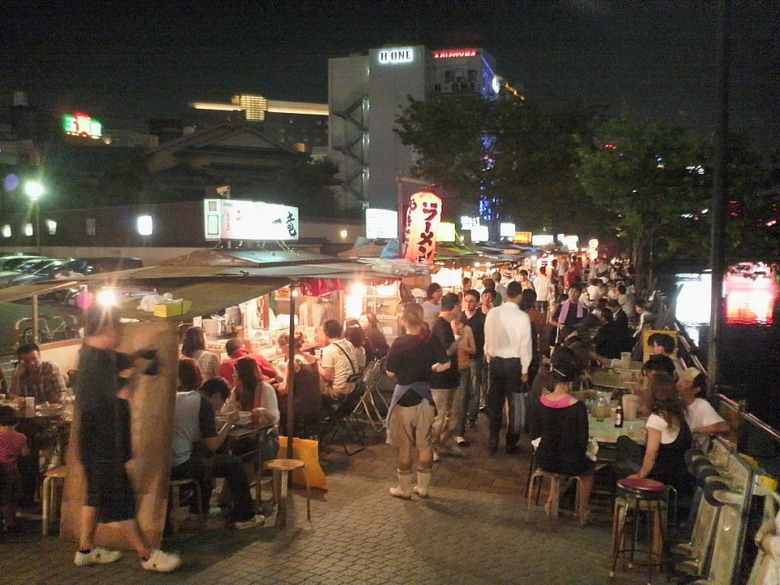
Photo by mmry0241, CC BY-SA 3.0, via Wikimedia Commons
Fukuoka Prefecture stands as the cultural and culinary gateway to Kyuushuu (Kyushu), where history, tradition, and modernity harmoniously converge. The capital, Fukuoka City, is the largest metropolitan area in Kyuushuu (Kyushu), and a vibrant center of commerce and creativity. Local specialties such as Hakata ramen, motsunabe (offal hotpot), and mizutaki (chicken hotpot) have earned the region national fame, while the lively yatai food stalls of Nakasu light up the city at night.
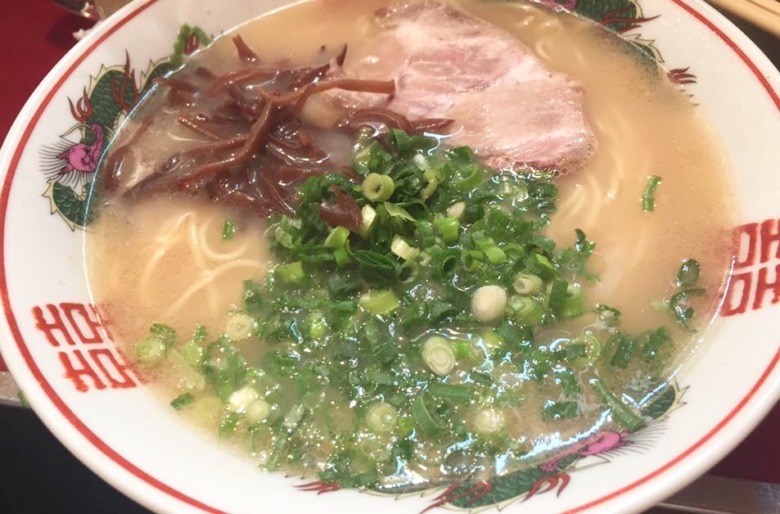
hakata tonkotsu ramen
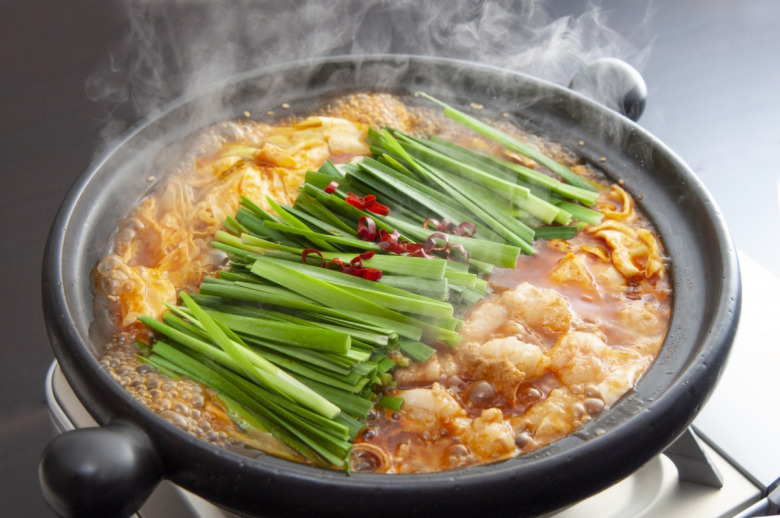
motsu nabe
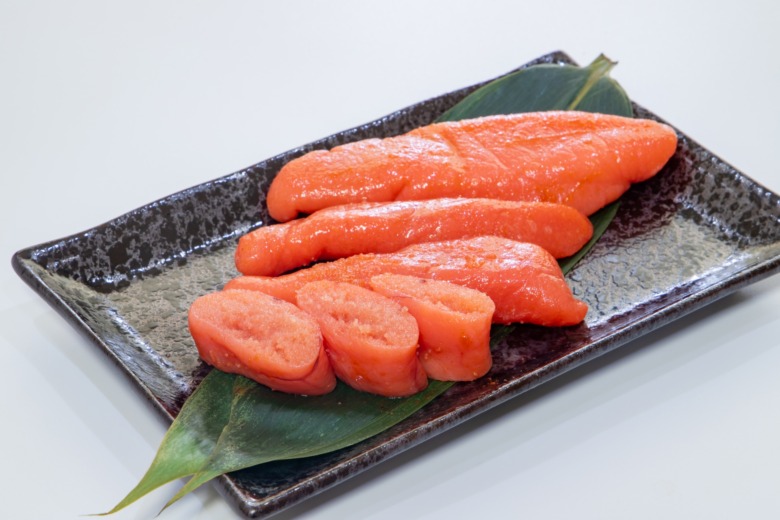
hakata mentaiko
Sacred Traditions: Dazaifu Tenmanguu and the Divine Island Heritage
The revered Dazaifu Tenmanguu Shrine, dedicated to the deity of learning SUGAWARA no Michizane, draws students and tourists year-round. Elsewhere, the Mojikou Retro District with its preserved Meiji- and Taisho-era buildings, the Fukuoka Art Museum, and performing arts venues like Hakataza Theater and Canal City Theater offer rich cultural experiences.
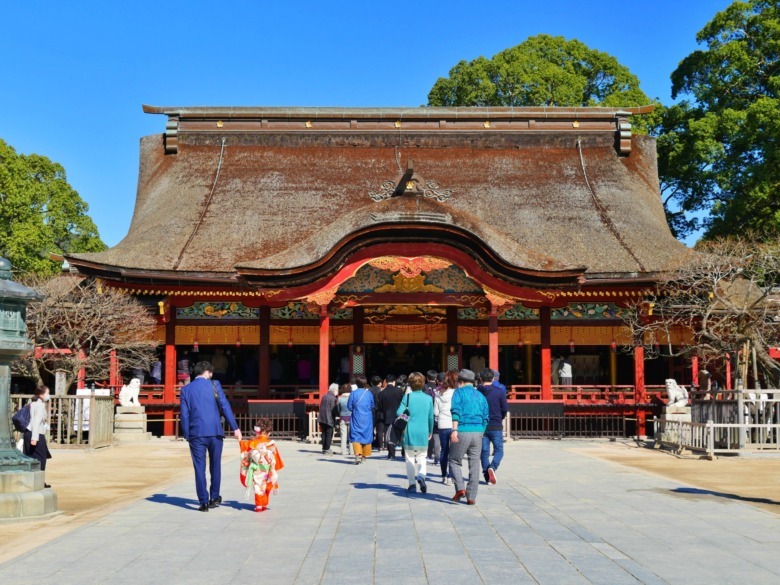
Dazaifu Tenmanguu
Beyond Dazaifu, Fukuoka prefecture holds another treasure of profound spiritual significance: the UNESCO World Heritage Site “Sacred Island of Okinoshima and Associated Sites in the Munakata Region,” inscribed in 2017. This exceptional cultural landscape encompasses Okinoshima Island—a place of ancient ritual where entry remains strictly forbidden to the general public—along with three associated shrine sites: Okitsu-miya on the island itself, Nakatsu-miya on Oshima Island, and Hetsu-miya (Munakata Taisha) on the mainland of Kyushu. For over 1,600 years, these sacred sites have preserved evidence of ritual practices that once connected Japan with the Asian continent across the Genkai Sea. The archaeological treasures recovered from Okinoshima—including bronze mirrors, gold rings, and ritual implements—number approximately 80,000 items, all designated as National Treasures, making this “island where gods dwell” an irreplaceable testament to Japan’s ancient maritime culture and spiritual heritage.
By Indiana jo – Own work, CC BY-SA 4.0, Link
KITAHARA Hakushuu’s hometown, Yanagawa, is a water town where time passes slowly
Fukuoka is also the birthplace of one of Japan’s most celebrated modern poets, KITAHARA Hakushuu, born in the scenic canal town of Yanagawa. He penned many beloved songs including “Kono Michi,” “Sunayama,” “Pechika,” and “Amefuri,” as well as well-known works such as “Yurikago no Uta,” “Awate Tokoya,” and “Machiboke.” His former residence is now the KITAHARA Hakushuu Memorial Museum, where visitors can explore his poetic world while enjoying Yanagawa’s famed boat tours. His life and lyrical journey, along with his profound friendship with composer YAMADA Kousaku, were portrayed in the 2019 film Kono Michi, shedding new light on their lasting contributions to Japan’s rich musical heritage. Through his words, Hakushuu captured the beauty of his homeland and the emotional rhythms of everyday life. In addition, composer KAWAMURA Kouyou, born in Fukuchi Town in Tagawa District, created the cheerful children’s song “Kamome no Suiheisan” (“The Seagull Sailor”). Its bright, jaunty melody evokes a sense of youthful longing for the sea and remains a beloved classic across Japan.

By 663highland – Own work, CC BY 2.5, Link
Fukuoka Omiyage (Souvenir)
⚠️ NOTE
Links below go to Amazon search results. Some items may be made outside Japan. Please check the product page—especially the “Made in Japan” label.
Hakata Mentai Mayonnaise (Spicy Roe)
A rich, umami-packed mayo with a gentle kick of mentai (spicy pollock roe). Great on toast, pasta, or fries. The squeeze pouch makes it easy to finish a dish with a Hakata-style twist.
Hakata Mizutaki Soup Base (600g)
A classic Hakata comfort flavor for chicken hot pot. Pour it into a pot, add chicken and vegetables, and let the broth do the work. Clean, savory, and perfect for cozy nights at home.
ICHIRAN Tonkotsu Ramen (Instant)
The world-famous Hakata-style tonkotsu ramen brand—popular with tourists visiting Japan. Rich pork bone broth and satisfying noodles. Enjoy the taste of Ichiran at home.
Amaou Strawberry Choco Pie (Japan)
A popular confection featuring fluffy cake layers filled with Fukuoka’s famous Amaou strawberry cream and coated in chocolate. Made in Japan and packaged in a party-friendly shareable pack.
Yame Matcha (Ceremonial Grade)
Premium stone-ground matcha from Yame, Fukuoka. Renowned among tea connoisseurs for its refined aroma and mellow umami. Perfect for traditional matcha, lattes, and desserts.
Kurume Kasuri Samue (Men’s)
The traditional Japanese workwear “samue”. Its distinctive weave and striped pattern are popular as fashion or for relaxation. Add “Japanese craftsmanship” to your wardrobe.”




